Cognition
The tests are carried out using standardized procedures. Here is a list of the test procedures that are most frequently used in developmental pediatrics at the University Children's Hospital Zurich.
The tests are carried out using standardized procedures. Here is a list of the test procedures that are most frequently used in developmental pediatrics at the University Children's Hospital Zurich.
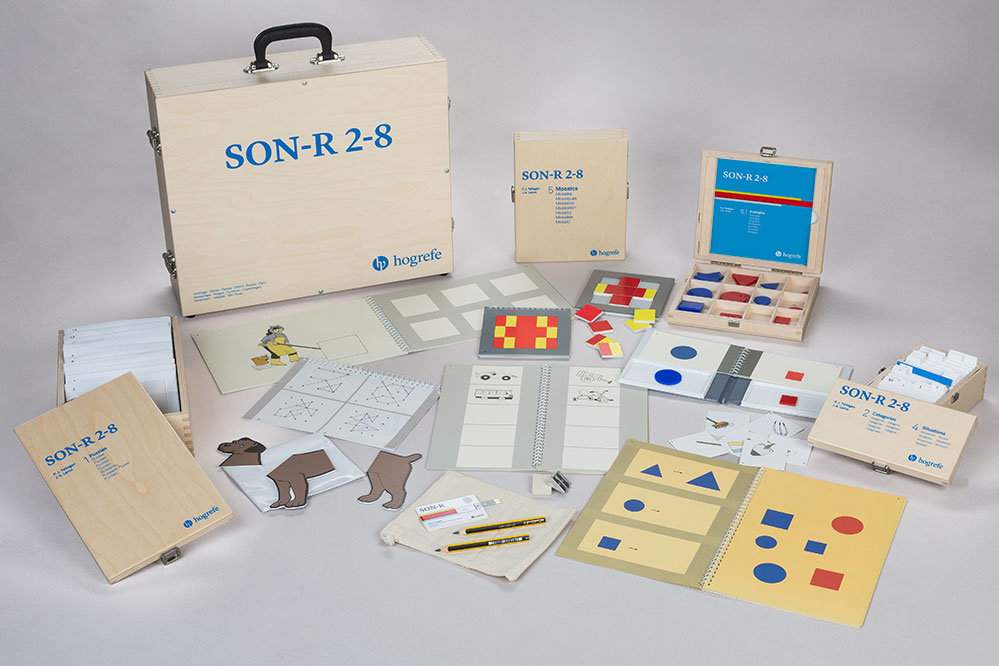
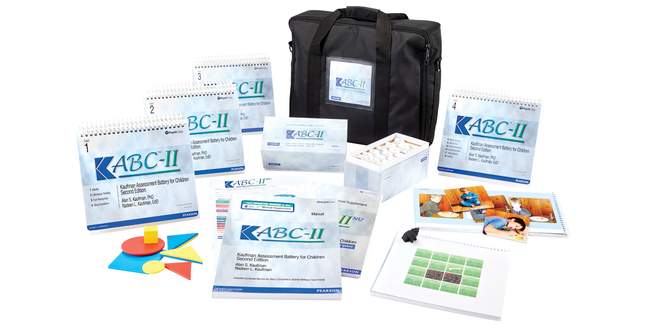
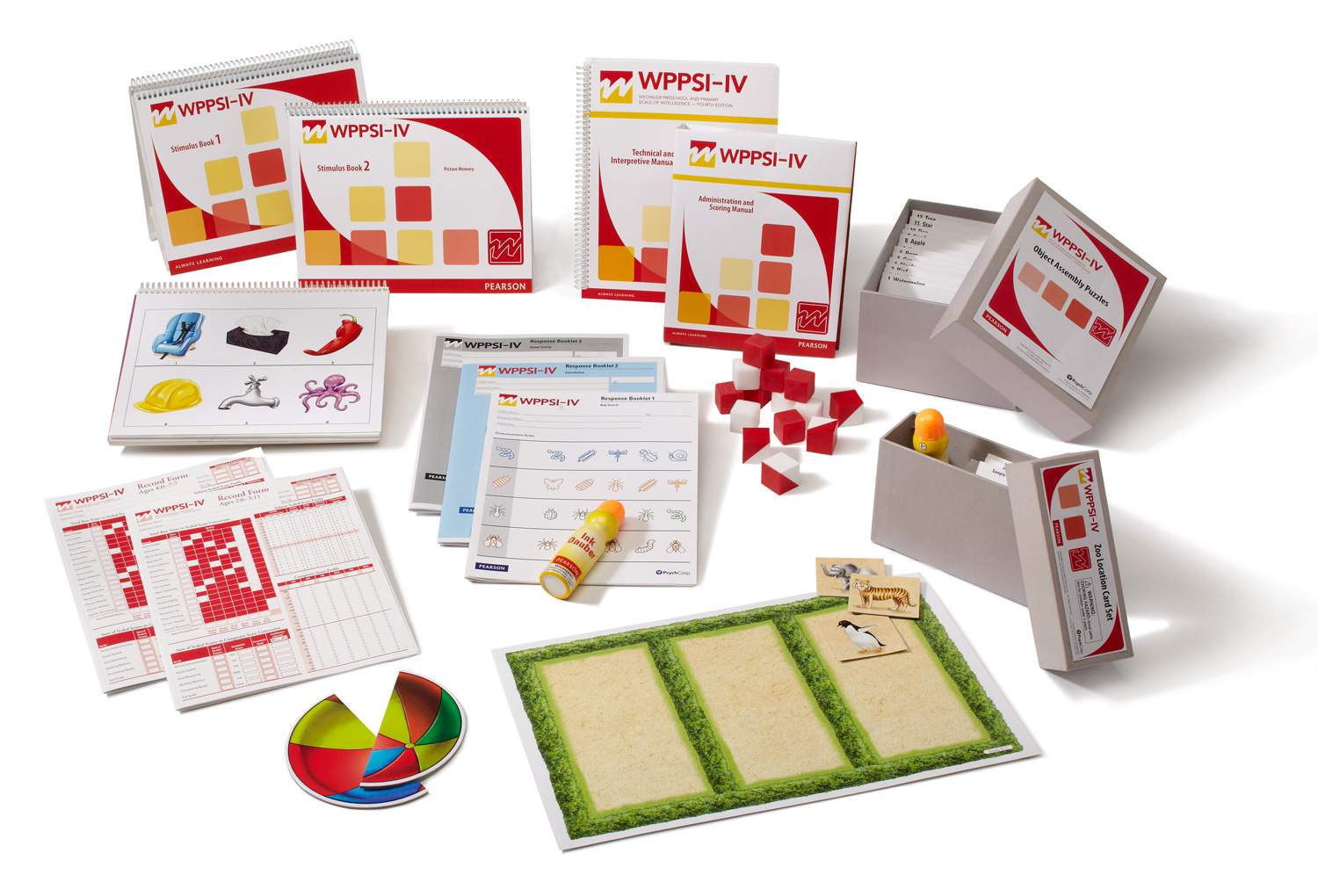
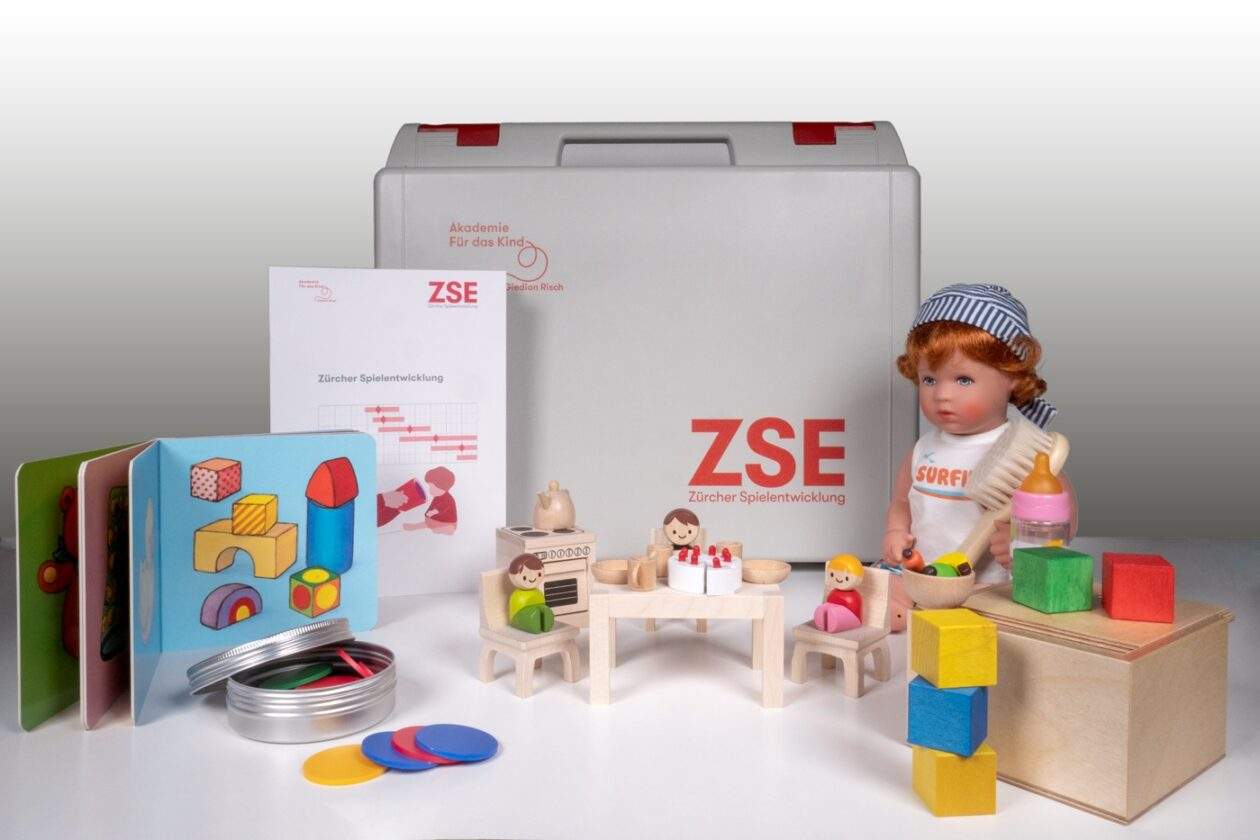
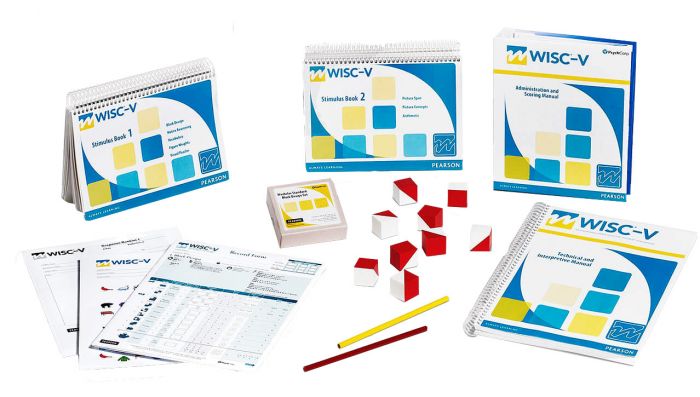
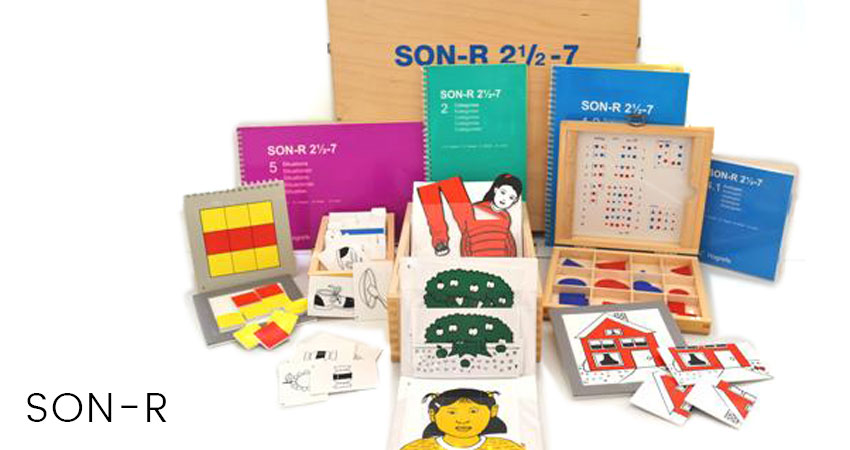
Zurich play behaviour (Zürcher Spielentwicklung, ZSE)
Zurich Play Development is an observation instrument that can be used in a playful way to determine developmental age in the first three years of life. The test material was developed by the Department of Developmental Paediatrics at the University Children's Hospital Zurich.
Bayley Scales of Infant and Toddler Development, Third Edition (Bayley III)
Duration: Implementation approx. 50–90 min.Snijders-Omen (SON-R)
The SON-R is an intelligence test independent of language. It records the total intelligence, the scale of thinking, and the scale of action. The result is an overall and a specific IQ value. The test is carried out between 2.5 and 7 years of age.
Wechsler Preschool and Primary Scala of Intelligence-III (WPPSI-III)
WPPSI-III is used to measure the cognitive performance of children aged 3–7 years.
Kaufmann Assessment Battery for Children-II (K-ABC)
The K-ABC is a method of measuring intelligence and specific skills for children aged 3–18 years.
Wechsler Intelligence Scale for Children, Fourth Edition (WISC-IV)
The WISC-IV is the best-known intelligence test for children and adolescents. It is used at the ages of 6–16 years.
- Duration: Approx. 60–80 min.
- Author: German version Petermann, F. Petermann, U. (2011)
- Publisher: Frankfurt/Main, Pearson Assessment
If a partial performance disorder such as dyslexia and/or dyscalculia is suspected, standardized recording of school skills such as reading, writing, and/or arithmetic can be used instead.
Difficulties that arise in perception, learning and memory, attention, and executive functions (e.g. action planning, problem solving, flexibility, etc.) can be assessed professionally in a neuropsychological examination. The results provide the basis for an individual consultation, if necessary with recommendations for therapeutic measures.
If you wish, your child’s case can also be discussed with teachers and other specialists involved.